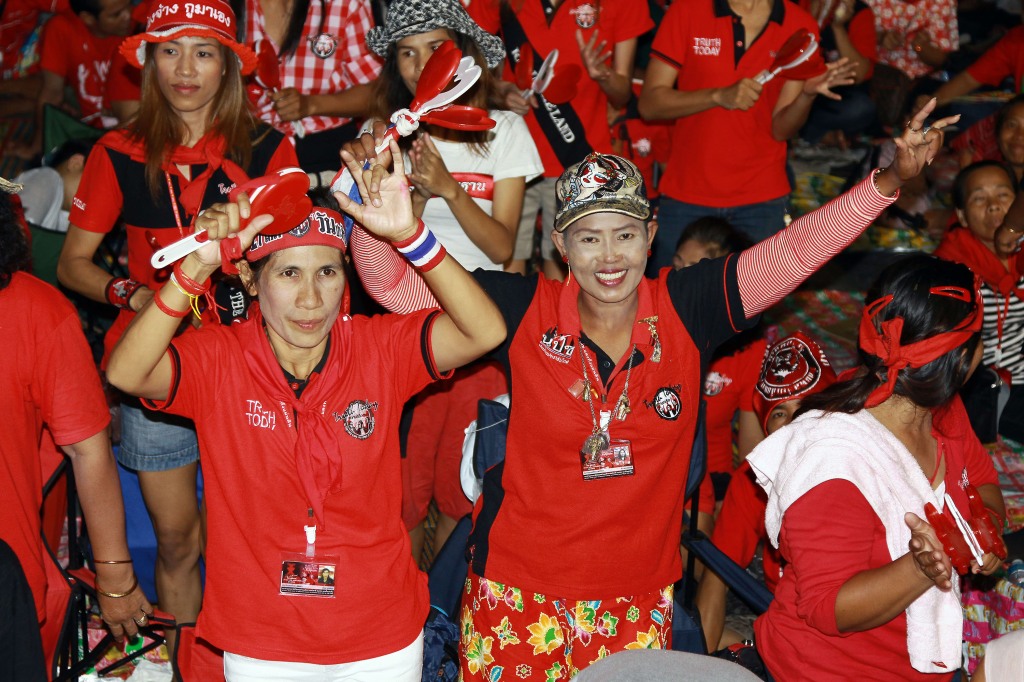Venezuela criticises `market totalitarianism' at UN Millennium Development Goal summit

By Tamara Pearson, Merida
Venezuela: Opposition and media lies about lack of democracy exposed

September 23, 2010 -- Venezuela Solidarity Campaign (UK) -- Venezuelans vote on Sunday, September 26, for the South American country's 165-seat National Assembly – its national parliament. This is the 16th national election or referenda since Hugo Chávez was first elected president in 1998.
Venezuela’s last election, on February 15, 2009, was a referendum to remove presidential term limits. This was endorsed by 54% of the electorate. Sunday’s election is the first to take place against the backdrop of the world recession, which has been hit Venezuela hard, as it has in many other countries.
`A force which is truly for good' -- John Coltrane and the jazz revolution
The John Coltrane Quartet (John Coltrane, McCoy Tyner, Jimmy Garrison, Elvin Jones) on the 1963 TV program, Jazz Casual, playing "Alabama", written by C
Sweden: Far-right election gains met with spontaneous mass protests
On September 20, 2010 -- the day after the Swedish general election -- 10,000 people in Stockholm protested against the far-right Swedish Democrats party.
By Johann Sommansson
September 23, 2010 -- The counting of votes in the September 19 Swedish parliamentary elections sent out shock waves. The far right made its parliamentary debut, and for the first time in modern Swedish political history an incumbent non-Social Democrats government has been able to win a national election. As such, the process of dismantling the Swedish welfare state is set to continue unabated.
Pakistan: ‘Cancel the debt to help flood victims’
September 18, 2010 -- Green Left Weekly -- Ammar Ali Jan is a 23-year-old activist in Pakistan who visited Australia earlier this year to speak at the Resistance national conference. He is an organiser of the Progressive Youth Front (PYF), which campaigns for democracy and against corruption. He spoke to Melanie Barnes from Resistance about what’s been happening in Pakistan, especially the devastating impact of the recent floods.
* * *
Thailand: What the September 19 mass Red Shirt rallies mean for Thai politics

Thailand: Return of the Red Shirts -- big protests mark massacre anniversary
A huge crowd mobilised at Ratchaprasong Intersection to mark four months since the May 19 massacre of pro-democracy protesters. Video by Richard Barrow.
By Thailand Troubles and Peter Boyle
Thailand: September 19 coup, four years on... bloodbath at Ratchaprasong, four months later

Red Shirts on April 19, 2010, before the military attack.
Thailand: Thousands demand release of political prisoners (+ photo essay)

[See also "Thailand: Red Shirt protests on the rise again". For more on the Thai people's struggle for democracy, click HERE.]
By Peter Boyle
September 18, 2010 -- Up to 3000 members and supporters of the United Front for Democracy against Dictatorship (UDD) – popularly known as the Red Shirts – rallied peacefully outside Klongprem Remand Prison in Bangkok on September 17 to demand the release of the estmated 470 political prisoners held since the military violently suppressed the mass Red Shirt protest camp in Bangkok on May 19.
The protesters laid wreaths of red roses at the gates to the prison. Similar protests were held outside several other prisons around the country.
